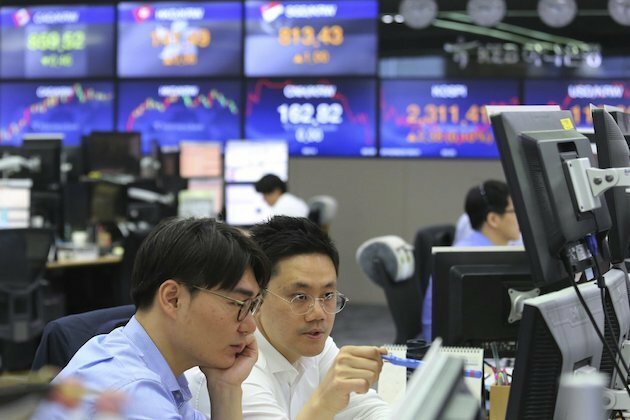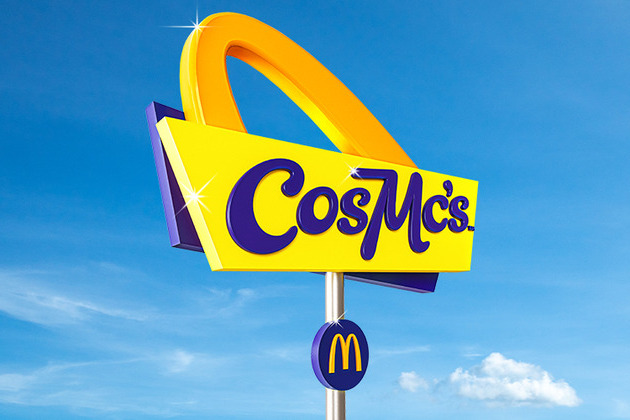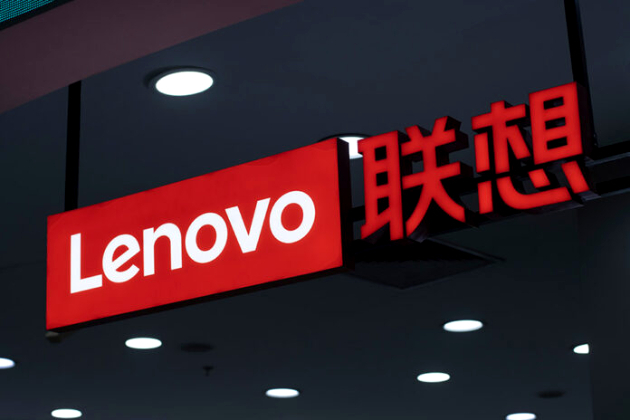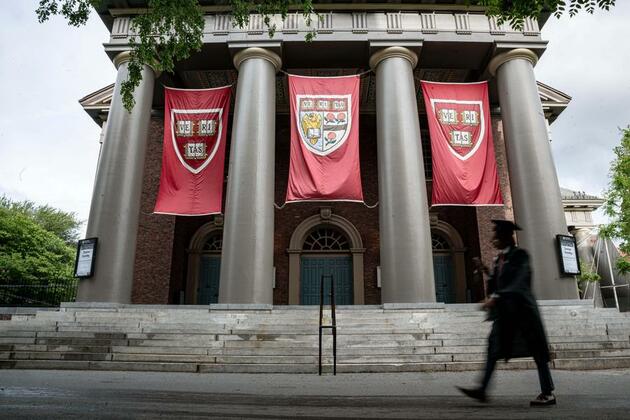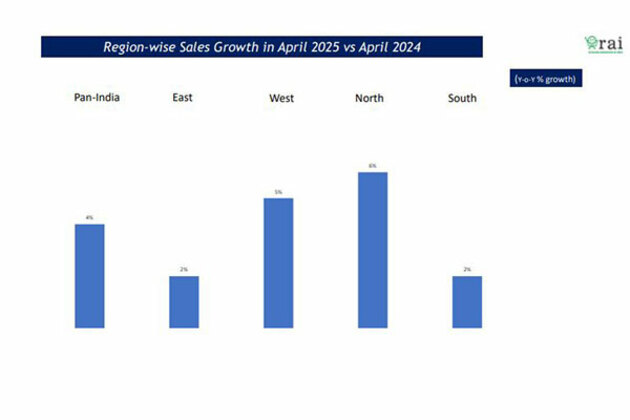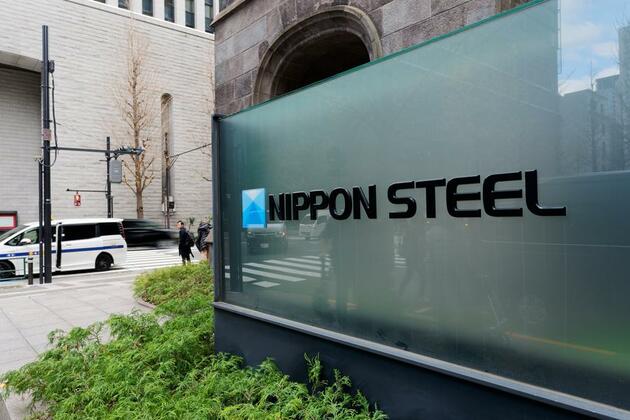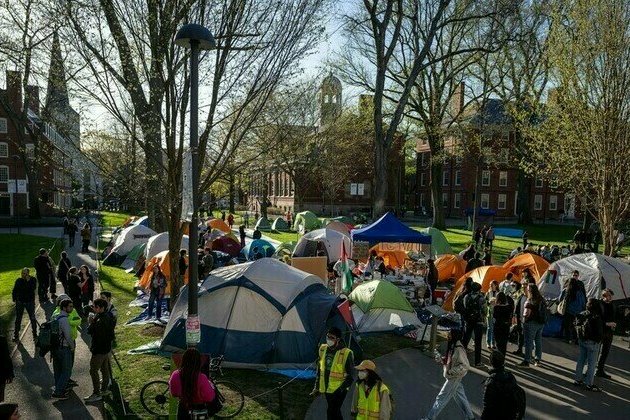Mexico transformed? Challenges, changes after a year of leftist government
The Conversation
12 Dec 2019, 00:01 GMT+10
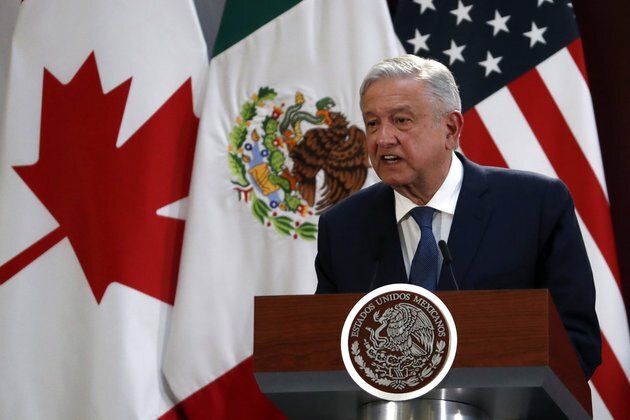
A year ago, the first leftist president in Mexico's modern history took office.
The victory of Andres Manuel Lopez Obrador, commonly referred to as AMLO in Mexico, swept aside a long-standing political establishment in a society where most politicians are seen as corrupt and detached from the reality of ordinary citizens.
Lopez Obrador's victory not only threatened the entrenched political and economic interests that dominated Mexican politics for decades, it also came as a reprieve to an embattled left in Latin America at a time when right-wing forces were on the rise.
The transformative project of the new government, dubbed Mexico's "Fourth Transformation," has promised to break with the neoliberal model that had turned the country into the most unequal among OECD nations. This has meant a drastic change in policy priorities.
Under Lopez Obrador, the government no longer promotes investment and job creation at any price. Instead, it announced the largest increase to the minimum wage in 36 years, passed a major labour reform strengthening workers' rights and ended decades of discretionary tax breaks to large corporations. These measures have unsettled some economic elites, who are now hesitant to invest in a country that is changing the rules of the game.
Lopez Obrador seems aware that the surly relations between the government and the private sector can hinder his transformative agenda. Despite his campaign promise of a four per cent annual growth, the economic scenario in Mexico is daunting. As the country struggles to avoid recession, rating agencies and international organizations are lowering their outlooks for the Mexican economy.
This is why Mexicans were so prompt to ratify USMCA, a renegotiated version of NAFTA, and its subsequent overhaul, despite the free-trade deal being at odds with Lopez Obrador's anti-neoliberal stance.
The rapid ratification of the trade agreement not only sent a message of certainty to domestic and international investors, it also flagged the limits of the AMLO government when it comes to breaking with Mexico's neoliberal past.
Violence persists
A second threat to Lopez Obrador's agenda is the rising levels of insecurity in the country.
The new administration has been unable to contain a wave of violence that it inherited from its predecessors. In fact, 2019 is on the verge of becoming the deadliest year on record in Mexico. The massacre of the LeBaron family -in which six children and three women were murdered in northern Mexico - and the failed attempt to arrest the son of drug lord El Chapo in Culiacan, where the military was outnumbered by cartel gunmen, are just two examples of the government's incapacity to end the violence.
The president's "abrazos, no balazos" (hugs, not bullets) policy has been harshly criticized for its naivete and has been largely ineffective.
Read more: Mexico's new president has plans to make his country safer - but will they work?
However, one year into leftist rule in Mexico and it's not all bad news. Despite economic woes and enduring violence, Lopez Obrador's government has made considerable progress dismantling a system that almost solely benefits the political and economic elite and keeps more than 50 million Mexicans in poverty.
Lopez Obrador started his term by announcing harsh austerity measures to bureaucrats and politicians, including cutting his own salary in half and ditching the presidential mansion, jet and guards.
Tackling corruption
In a clear break with the past, his government is prosecuting corrupt officials from previous administrations. Social spending is also being revamped. About 18 million youth and elderly Mexicans are now receiving their scholarships and pensions from social programs as cash transfers.
Perhaps most importantly, Lopez Obrador is transforming the perception of political power in Mexico and how it should be used. At most events he attends, the president finds himself surrounded by supporters who cheer and hug their leader without apparent constraints - in contrast to the strong security measures taken by his predecessors when in public.
When asked about his safety, Lopez Obrador confidently replies that it is the people who look after him. Despite his populist tone, he seems to understand that first and foremost, Mexico's marginalized majorities need to be seen and recognized as part of a society that has excluded them for too long.
If we want to understand the change Mexico is undergoing, we must measure progress with metrics other than the GDP. Only when we gauge it via other methods will we understand the extent to which the political and economic structures that have made Mexico one of the most inequitable countries in the world are being dismantled.
Changing public perceptions about political power might not be as tangible as economic growth and decreasing homicide rates, but its impact on building a more inclusive society are real and every bit as important.
[ You're smart and curious about the world. So are The Conversation's authors and editors. You can read us daily by subscribing to our newsletter. ]
Author: Sergio Daniel Michel Chavez - PhD Student, Department of Political Science and Institute of Political Economy, Carleton University 
 Share
Share
 Tweet
Tweet
 Share
Share
 Flip
Flip
 Email
Email
Watch latest videos
Subscribe and Follow
Get a daily dose of Boston Star news through our daily email, its complimentary and keeps you fully up to date with world and business news as well.
News RELEASES
Publish news of your business, community or sports group, personnel appointments, major event and more by submitting a news release to Boston Star.
More InformationBusiness
SectionWall Street has relapse Wednesday, after Tuesday's heady gains
NEW YORK, New York - U.S. stocks were weaker Wednesday, following Tuesday's heady gains when the Dow Jones jumped 741 points. Bond...
China’s GAC launches in Brazil as EV demand accelerates
SAO PAULO, Brazil: Amid a surge in electric vehicle (EV) adoption and growing competition in Brazil, Chinese automaker GAC has officially...
McDonald’s to shut down CosMc’s drink spinoff after short run
CHICAGO, Illinois: McDonald's is closing its experimental beverage spinoff, CosMc's, less than two years after launching the standalone...
China’s Lenovo profit plunges 64%, misses estimates sharply
BEIJING, China: China's Lenovo reported a steep 64 percent drop in fourth-quarter profit, falling significantly short of analyst expectations...
Economic data gives welcome relief to Wall Street
NEW YORK, New York - Strong economic data jump-started U.S. stocks and the dollar Tuesday, a welcome reprieve after weeks of pressure...
PepsiCo cleared in FTC case over Walmart discounts
NEW YORK CITY, New York: This week, the U.S. Federal Trade Commission (FTC) dropped its lawsuit against PepsiCo, which had accused...
Massachusetts
SectionForeign students at Harvard bear the brunt of White House ban
BOSTON, Massachusetts: U.S. President Donald Trump's administration has taken away Harvard University's right to enroll international...
Xinhua Headlines: Shocked, angry and worried -- int'l students react to Harvard ban
* Over the past weekend, the federal government's policy banning the oldest U.S. university from enrolling international students sparked...
April saw a 4% rise in retail sales in India: Survey
New Delhi [India], May 27 (ANI): A 4 per cent yearly increase in retail sales was reported in April compared to the same month of 2024,...
Daily World Briefing, May 24
Trump announces planned partnership of U.S. Steel, Nippon Steel U.S. President Donald Trump announced on Friday that there will be...
Martin Elling, Ex-McKinsey partner sentenced to prison for obstructing justice by a US court
New Delhi [India], May 23 (ANI): Martin Elling, former partner at McKinsey & Co., received a six-month prison sentence for obstructing...
Trump bans Harvard from accepting foreign students
The Ivy League institution has been given 72 hours to comply with the US administrations demands The Trump administration has revoked...

